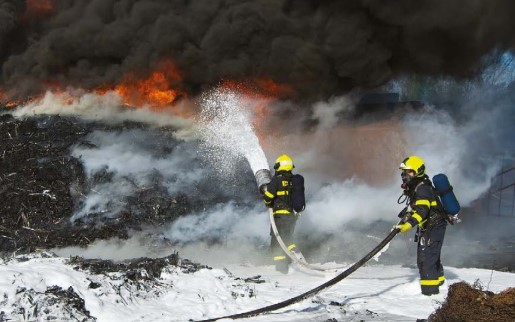Global country risk showed “significant improvement” in 2024, according to Allianz Trade, with 48 economies upgraded and only five downgraded in its Country Risk Atlas, published today. The positive trend witnessed in 2023 is now even more pronounced, with upgrades more than doubling (+27) and downgrades remaining stable (+1), it said.
“The economies that have seen their ratings upgraded represent around 17% of global GDP," commented Luca Moneta, senior economist for emerging markets at Allianz Trade. "Upgrades were distributed mostly across emerging markets: Latin America has seen the most (13), followed by Emerging Europe (10) and Asia-Pacific (9). Meanwhile, most of the downgrades were seen in the Middle East region, including Bahrain, Israel and Kuwait, the result of prolonged supply chain tensions and crude oil prices below the fiscal breakeven,”
At the same time, country risk remains highly exposed to the geopolitical and financing tensions expected in the coming months. These could be exacerbated by the further materialisation of downside risks, according to the report's authors.
Aylin Somersan Coqui, CEO of Allianz Trade, said that while the global economic outlook has improved, many low-income countries still present less conducive business conditions, while high-income economies are facing prolonged political uncertainty.
“We must keep in mind that two-thirds of the country risk upgrades we made last year are based on short-term indicators, indicating that these improvements are cyclical and potentially reversible. Against this backdrop, businesses should be vigilant in their growth strategies in the context of geopolitical tensions and the rising tide of protectionism. Supply chains are likely to become even more complex, making it all the more important to monitor country risk.”
Several factors could disrupt the positive momentum in 2025-2026, the report notes. These elements include:
• Geopolitical tensions: social, political, and institutional conflicts intensified in late 2024
• Trade war risks: rising protectionism and the potential for full-blown trade conflicts
• Civil unrest and polarisation: increasing polarisation in advanced and emerging markets
Ana Boata, head of economic research at Allianz Trade, added: “A full-blown trade war is a major concern: the resulting loss of economic activity and the return of inflationary pressures would likely undermine investor confidence, keeping them in a prolonged ‘wait and see’ mode. At the same time, increasing polarisation, already evident in many countries, imposes significant economic costs while intensifying social divisions. The frequency and severity of civil unrest are also rising, driven by factors such as inflation, fiscal adjustments and lagging productivity growth. Against this backdrop, policymakers need to bridge the widening trust deficit and mitigate polarisation risks.”
Printed Copy:
Would you also like to receive CIR Magazine in print?
Data Use:
We will also send you our free daily email newsletters and other relevant communications, which you can opt out of at any time. Thank you.











YOU MIGHT ALSO LIKE